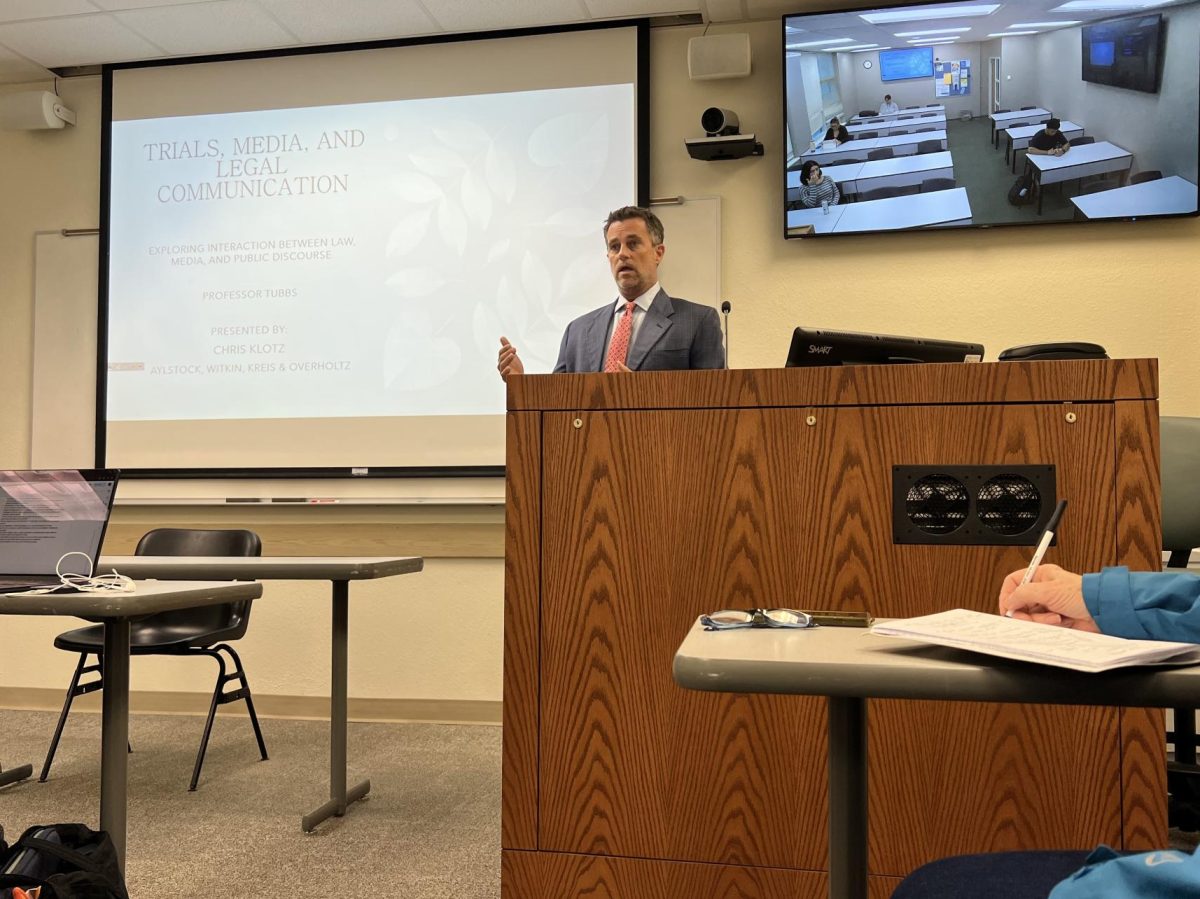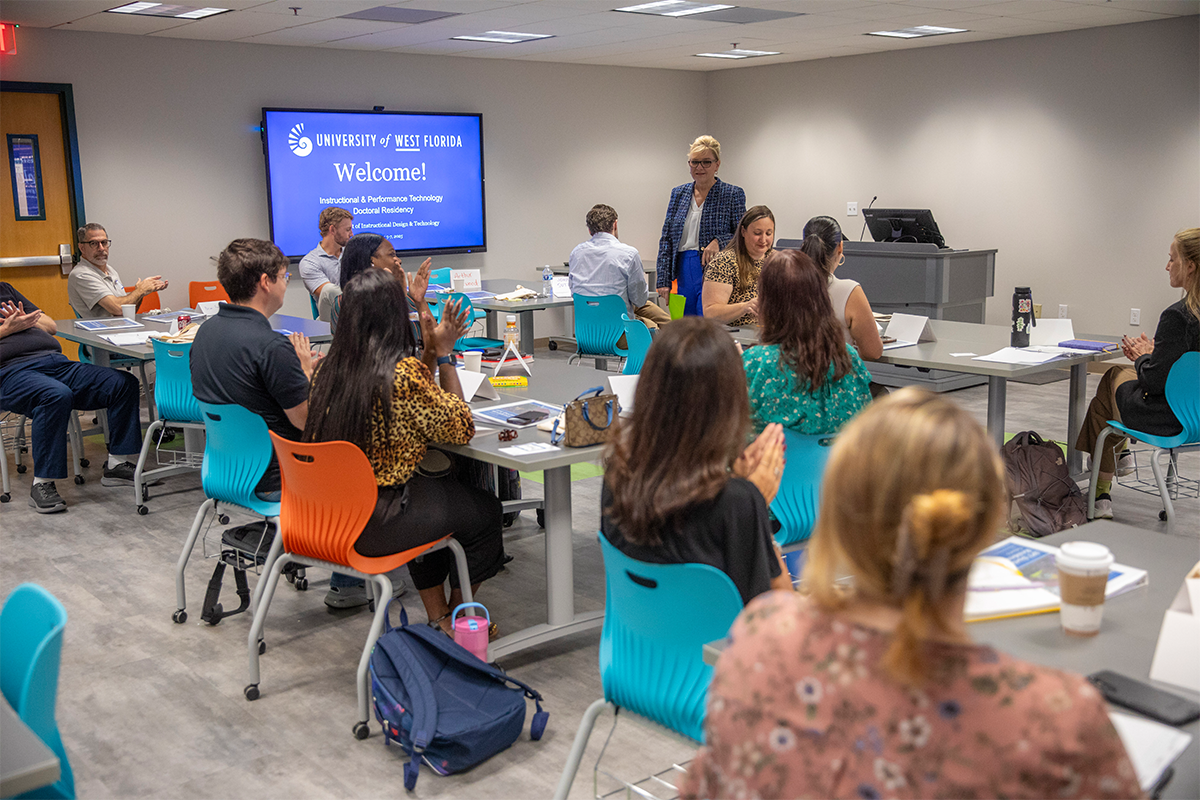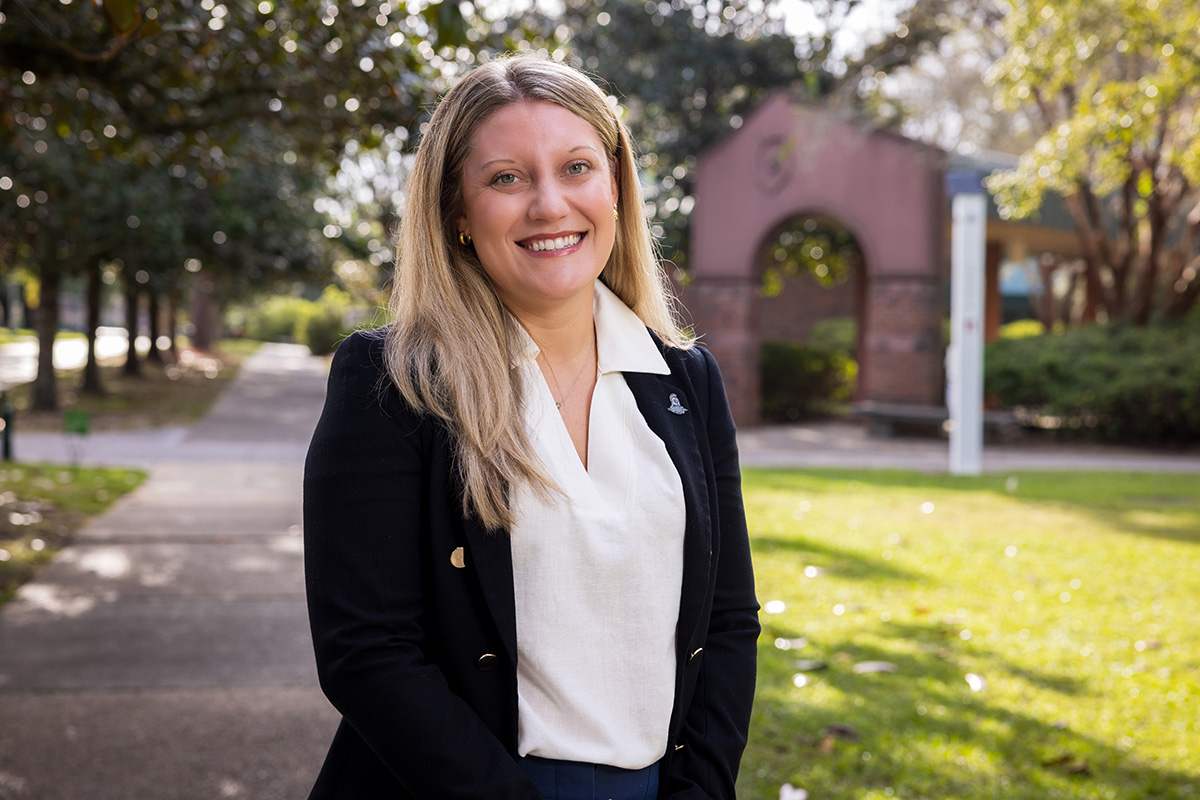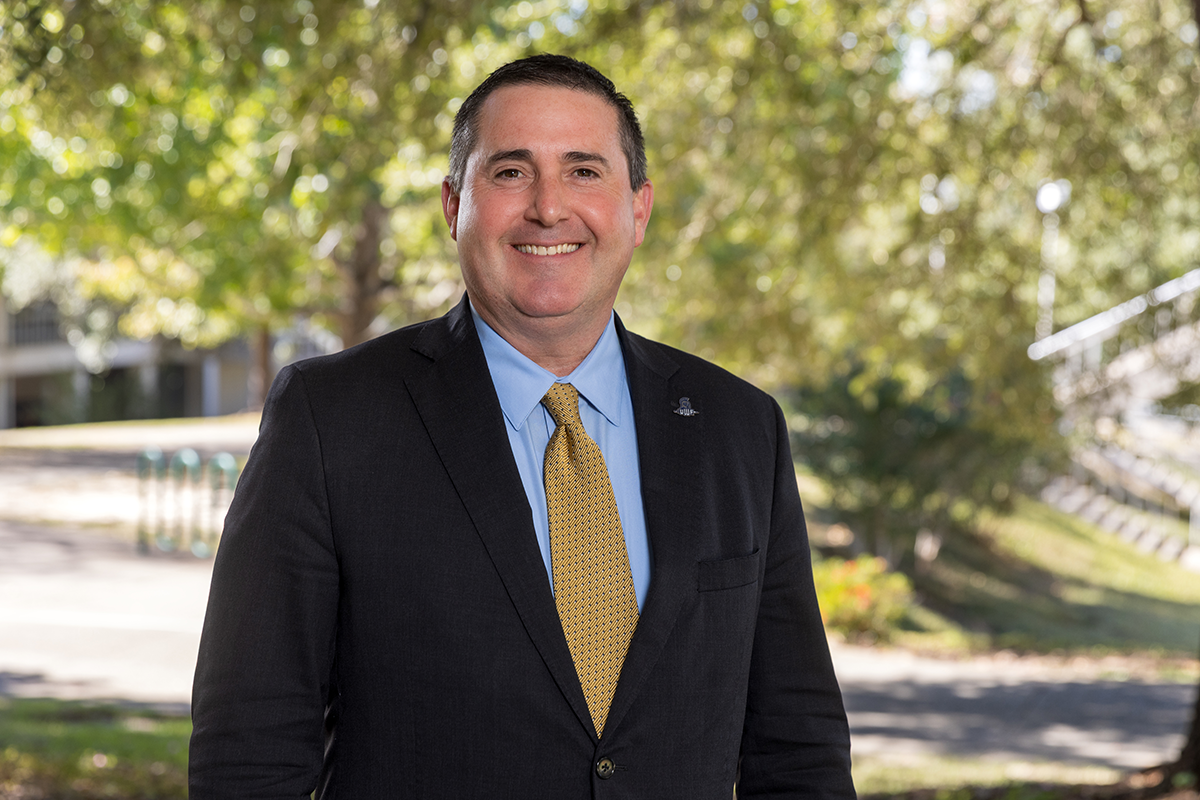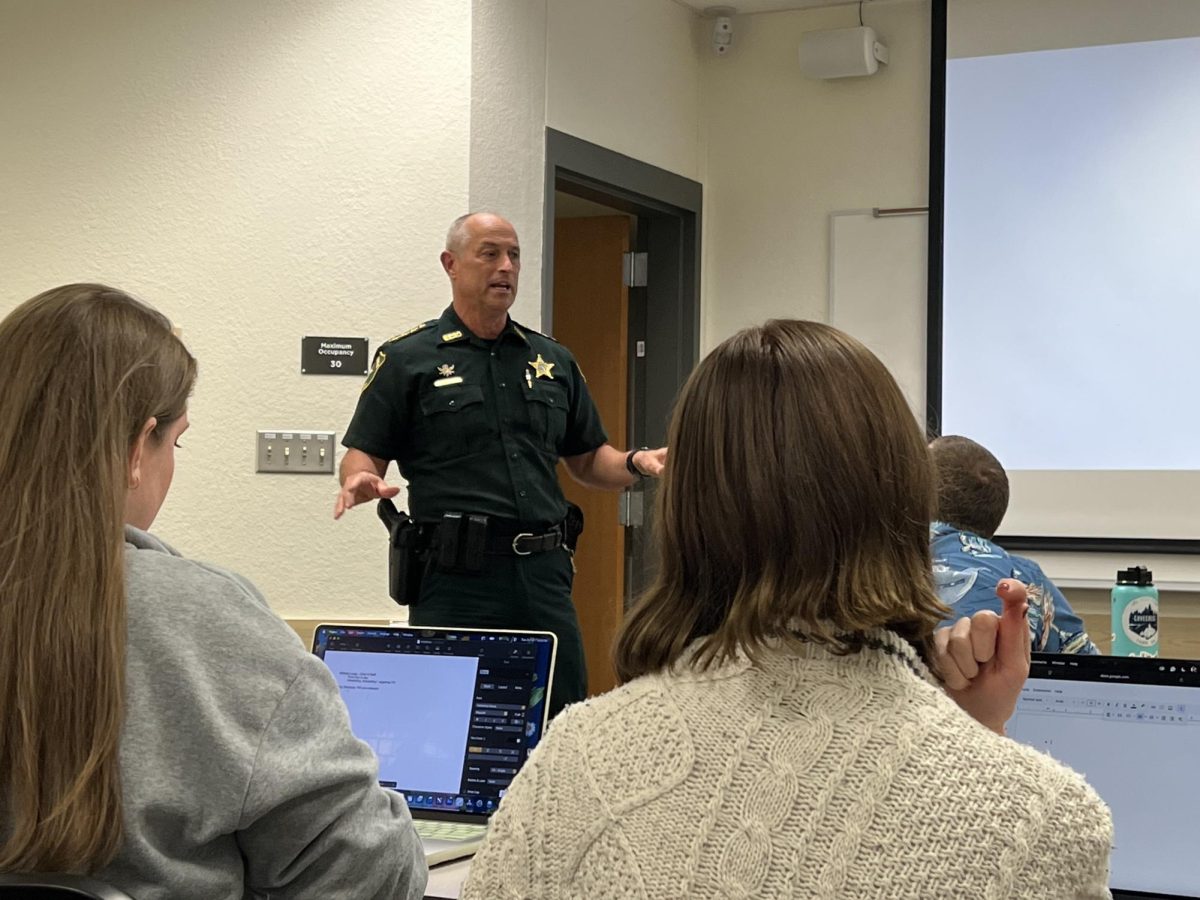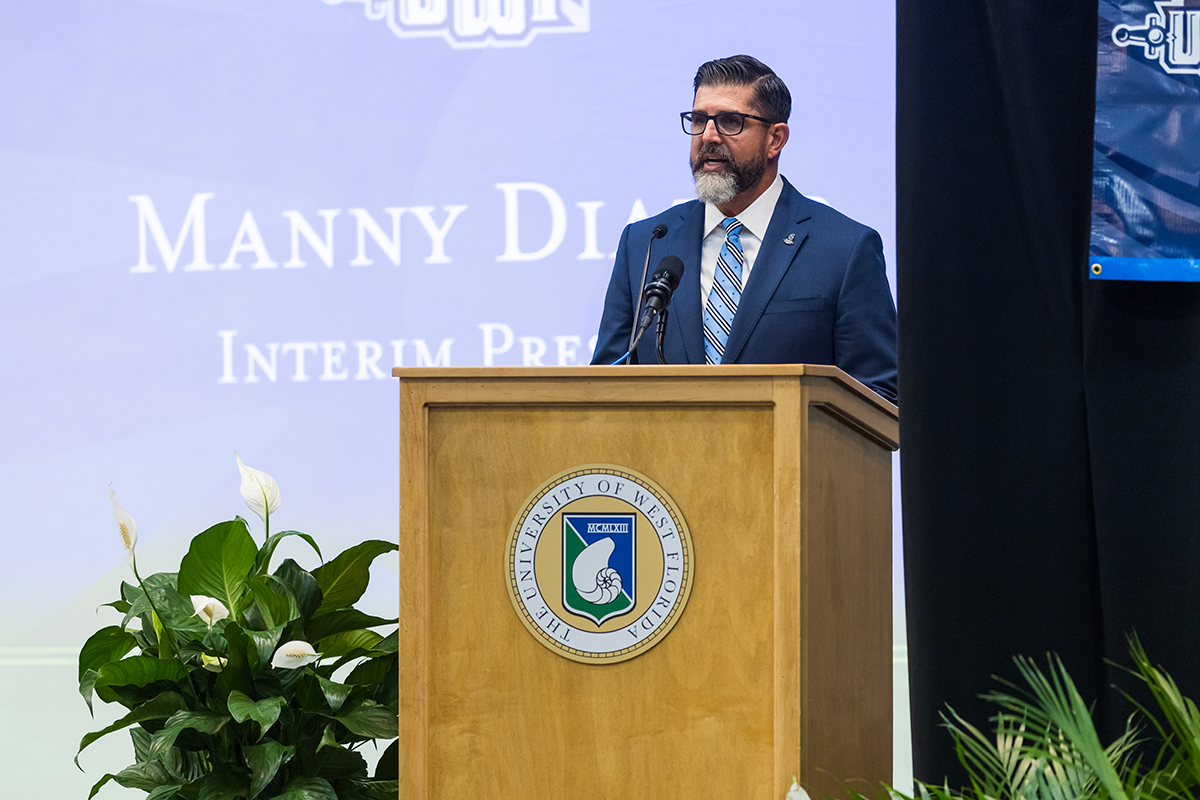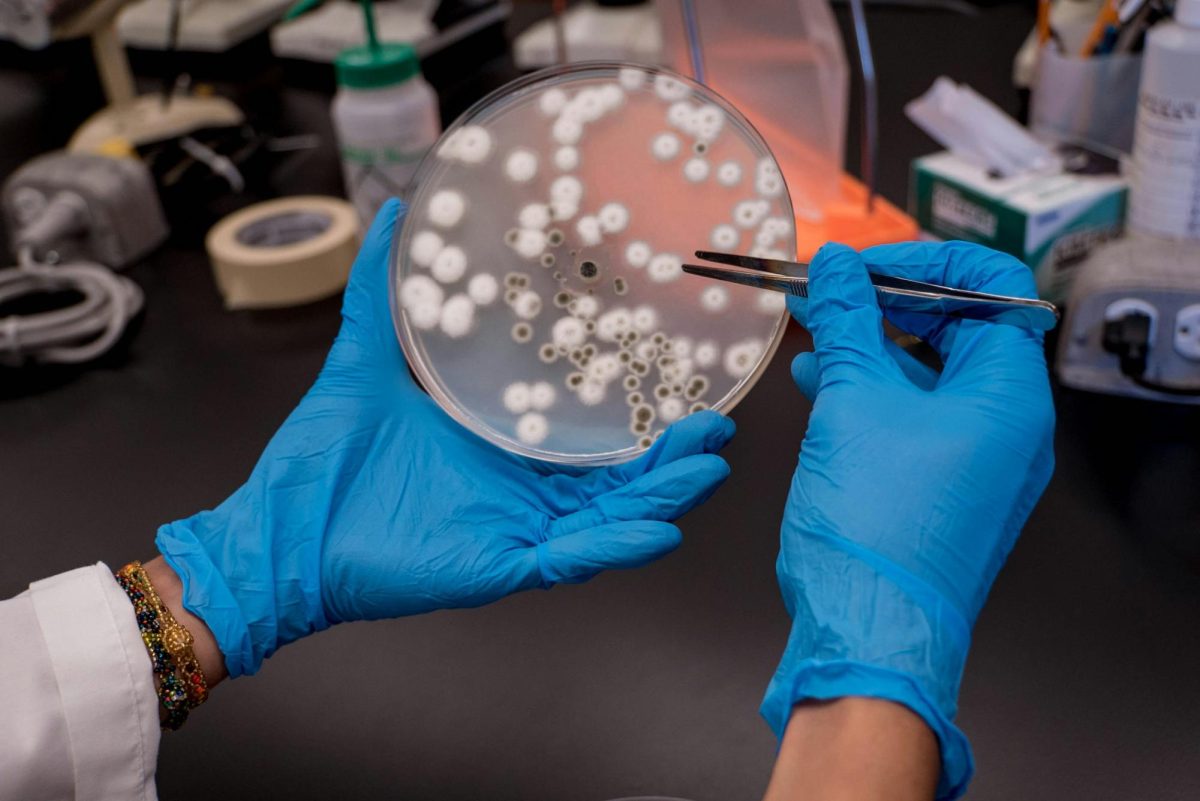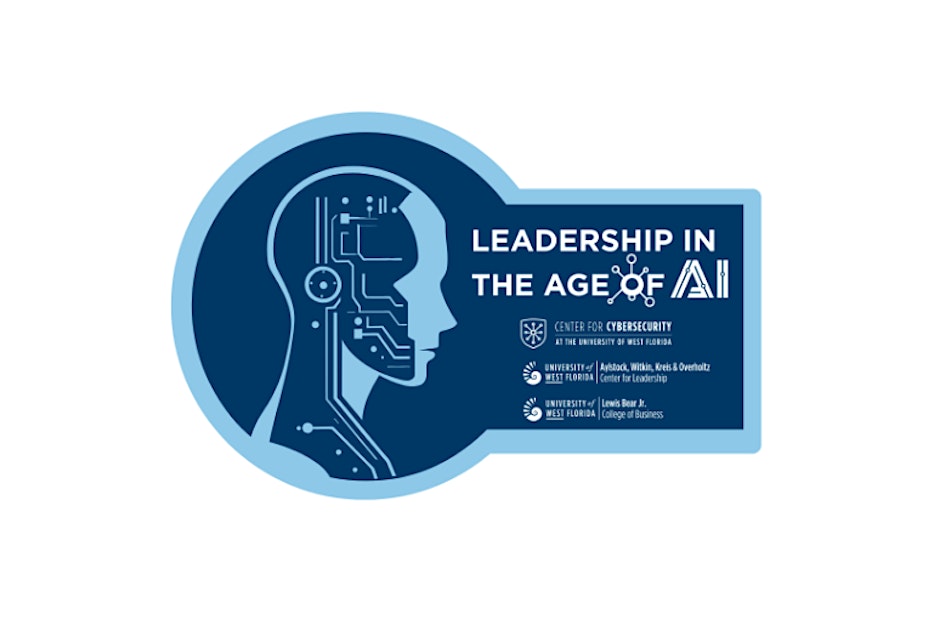“We are thrilled to have been awarded this grant, which will open exceptional doors for our students to engage in research and experiential learning,” said Dr. Denise Soares, dean of the UWF School of Education. “This support reflects our university’s dedication to cultivating tomorrow’s creative thinkers and solution-oriented leaders. Beyond the tangible resources it provides, this funding represents a commitment to nurturing the change-makers who will shape our collective future.”
The project, led by Dr. John Pecore, professor in the UWF School of Education, brings together researchers from Drake University, Kennesaw State University, Texas A&M University and Southern Methodist University. Over the next four years, the team will work with approximately 250 college students preparing to become teachers to study how virtual reality and artificial intelligence simulations compare to traditional peer-teaching models in preparing effective STEM educators.
Participants will complete online learning modules and practice leading classroom discussions about real-world science and technology issues. Some will engage with a cutting-edge virtual reality simulation with artificial intelligence called Engage VR, while others will participate in guided peer-teaching sessions. The research team will also design a scalable peer-teaching model that universities can adopt even without access to virtual reality tools.
“This research explores the potential of artificial intelligence – driven avatars in virtual reality to transform the way future STEM teachers learn to teach,” Pecore said. “The immersive environment gives preservice teachers a safe, authentic space to practice leading classroom discussions and receive feedback in real time. By comparing these experiences with traditional peer-teaching, our multi-institutional team aims to identify scalable approaches that strengthen teacher confidence and effectiveness in STEM classrooms.”
The project extends earlier research at UWF using mixed reality simulations to strengthen preservice teachers’ instructional skills. Dr. Shim Lew, associate professor in the School of Education, and Dr. Byron Havard, professor of instructional design and technology, serve as co-principal investigators. Lew contributes expertise in teacher learning and simulation-based practice, and Havard leads the design and development of the virtual reality AI platform that advances this work into fully immersive environments.
“I want to recognize our faculty for their tireless efforts in earning this highly competitive grant,” Soares said. “Their groundbreaking research was central to this success, and these funds will supply the essential tools to propel their work forward. This recognition will strengthen our school’s research while enabling innovative partnerships and pioneering initiatives.”
Undergraduate education students and graduate students in instructional design and technology at UWF will assist with the project, gaining valuable research and teaching experience. With strong research methods and participation from multiple universities, this collaborative project aims to improve how future STEM educators are prepared, helping them teach in ways that make science and math more engaging and meaningful for all students.
For more information about the UWF School of Education, visit uwf.edu/soe.

